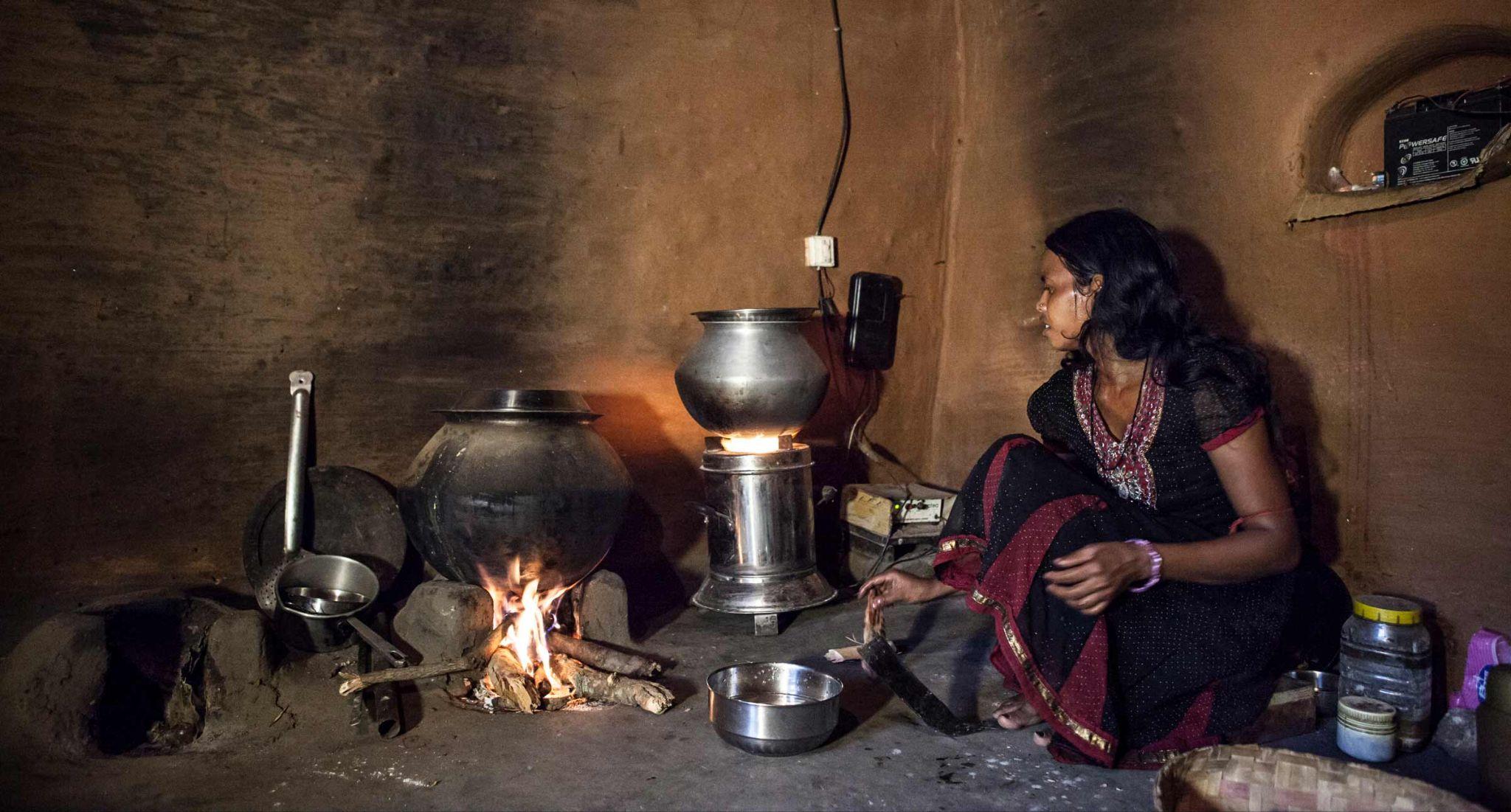Black Carbon

- 27 Mar 2024
Why is it in the News?
As per a study, the residential sector is responsible for 47% of India's overall black carbon emissions.
What is Black Carbon?
- Black carbon is the dark, sooty material emitted alongside other pollutants when biomass and fossil fuels are not fully combusted.
- It contributes to global warming and poses severe risks.
- Studies have found a direct link between exposure to black carbon and a higher risk of heart disease, birth complications, and premature death.
- Most black carbon emissions in India arise from burning biomass, such as cow dung or straw, in traditional cookstoves.
- According to a 2016 study, the residential sector contributes 47% of India’s total black carbon emissions.
- Industries contribute a further 22%, diesel vehicles 17%, open burning 12%, and other sources 2%.
- Decarbonization efforts in the industry and transport sectors in the past decade have yielded reductions in black carbon emissions, but the residential sector remains a challenge.
- Black carbon is a potent contributor to global warming due to its efficient absorption of light and subsequent heating of its surroundings.
- This process leads to the conversion of incoming solar radiation into heat.
- Moreover, black carbon influences cloud formation and affects regional circulation and precipitation patterns.
- When deposited on ice and snow, it diminishes surface albedo, reducing their ability to reflect sunlight and causing surface warming.
Impacts:
- Black carbon significantly contributes to global warming and poses substantial risks to human health.
- Exposure to black carbon has been linked to increased incidences of heart disease, birth complications, and premature mortality.
- Its warming effect on climate is estimated to be 460-1,500 times more potent than that of CO2.
